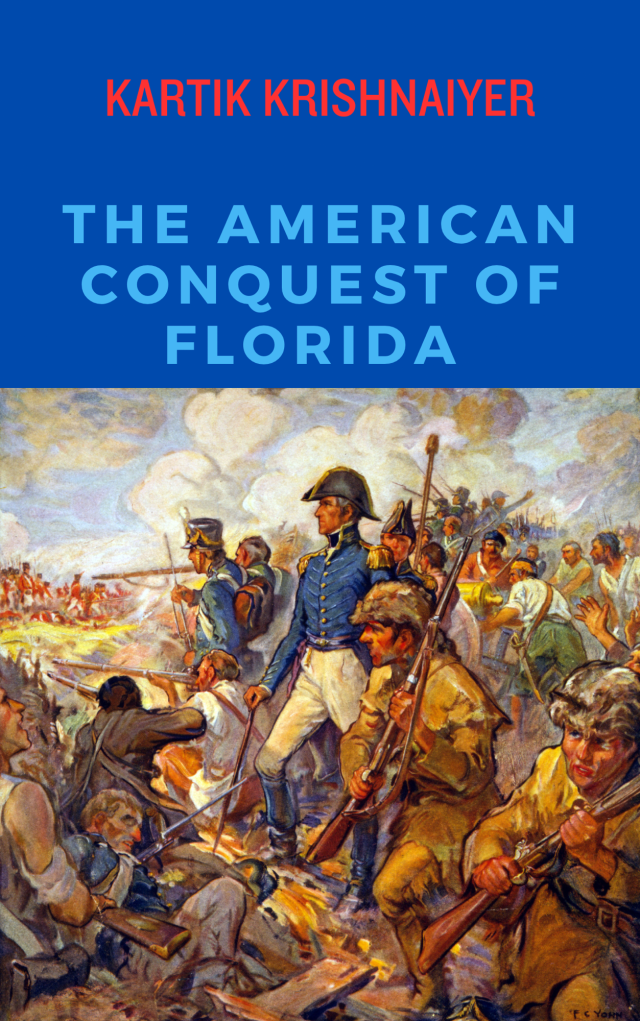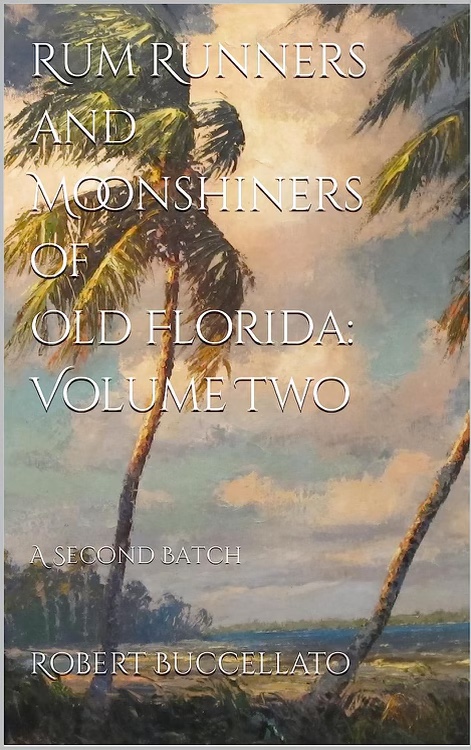The 2010 election has left a deep scar in the collective memory of progressives around the state. Although all over the county Democratic candidates faced the wrath of the then-powerful Tea Party, in Florida the effects particularly burned with the election of both Marco Rubio, Rick Scott and a full Republican cabinet, and a slew of other conservative newcomers who wreaked havoc in state and local governments. There is a real fear that the next midterm election would be just as bad, so there has been quite a lot of talk about how to make this election different. Even though Obama prevailed in Florida in 2012, there is a deep fear that we might face a repeat of 2010. Fortunately, enough forces are changing the political climate and things are looking up just slightly.
Overall, the signs look promising. For starters, the electorate is different. With the population growth in the Latino communities, the electorate overall is much more diverse than in 2010, which usually favors the Democrats. Secondly, Obama did surprisingly well in Miami-Dade in 2012 where he performed much better than 2008, and for the first time, it looks like the Cuban vote is beginning to turn slightly bluish. Although a few recent studies suggest that voters are just as apathetic as they were in 2010, it looks like at least that they are apathetic across the board and not just among Democratic voters like before. Although Obama remains unpopular, he is hardly new news and the impact will not be nearly as bad as 2010. And overall, the distaste for Rick Scott spans the party and has united a broad coalition of groups against him. Similarly a dislike for Pam Bondi has motivated some of these groups to continue working down ballot. These things were not present in 2010 and all will make a different election day.
One of the big questions will be if the Democrats push in early absentee voting will lead to more voters. Although they have significantly cut down on the Republican lead around the state, the hope is that this will increase overall turnout. It is marginally good if Democratic voters who normally vote on election day are voting absentee because it decreases the money that campaigns will have to spend on GOTV, but the real hope is that the push in absentee voting will increase the Democratic vote share. If Democrats can get more people to vote who wouldn’t normally vote in absentee early, their dominance in early voting could make this a win. Typically, in a midterm election, Republicans enjoy an increased edge by a point or two; in 2010, it was over 3% overall and was one of the main reasons that Democrats could not pull ahead. The returns already look promising – although Rs are ahead, their margins are definitely those those of 2010. And more importantly, they are in the areas where Crist needs.
The other big question is the legislative races. Around the state, there are competitive legislative races in areas that Crist will have to turn out – like Pinellas, Orange, Broward, and Miami-Dade. In Senate District 32, the Republican party itself has chosen not to spend any money with the realization that a high turn-out in that district could be disastrous for Rick Scott (However several Republican allied groups and leadership PACs have spent money). All around the state, if the Democrats are going to turn out the vote to save House and Senate seats, Crist is going to benefit in the key areas that he has to carry in order to win. And then there is the question of the panhandle. Obama underperformed in the panhandle both in 2008 and in 2012, getting less than other candidates on the ballot. In 2012 notably, Bill Nelson drastically out-performed Obama in the panhandle, suggesting that the Democrats up there could be a surprise, even though Crist has not especially targeted that area. Alex Sink managed to come very very close to beating Rick Scott and used the panhandle as part of her strategy and this may help decrease some Republican turn out in the area.
Of course, there has been a lot of chatter about Adrian Wyllie and his high poll numbers. Remember though, an independent candidate got close to 3% in 2010 in a race that was decided by less than half a percent and hardly anyone remembers his name. While Wyllie will probably perform on a similar level (Kartik often likes to point out that third party candidates always poll higher than they perform), those votes probably will be more than the winning margin. As I posted months ago, it is likely that these votes will take from Crist rather than Scott, although both candidates will be effected. While his campaign has been interesting, there is not much new or remarkable about his third party candidacy that would change the dynamic of the race between Crist and Scott.
So with two weeks left and early voting getting underway, there is hope to be had. Will the Democrats pull through? Stay tuned.







I always vote and was proud to vote for Senator Nan Rich in the primary. looking forward tonight to see if Crist will acknowledge the importance of women’s issues. I am still concerned that Crist would not debate Senator Rich.
LikeLike
Gawd bless the TeaParty–the TeaParty is dead!
LikeLike
Kimccook, it would have been foolish for Crist to debate Rich, as it would have legitimized her candidacy. Half the state had no idea who she was/is, and as a result, they voted for Charlie. Women are watching and Equality fl have endorsed Crist, and I think that’s a reasonable indicator that he cares about women’s issues.
LikeLike